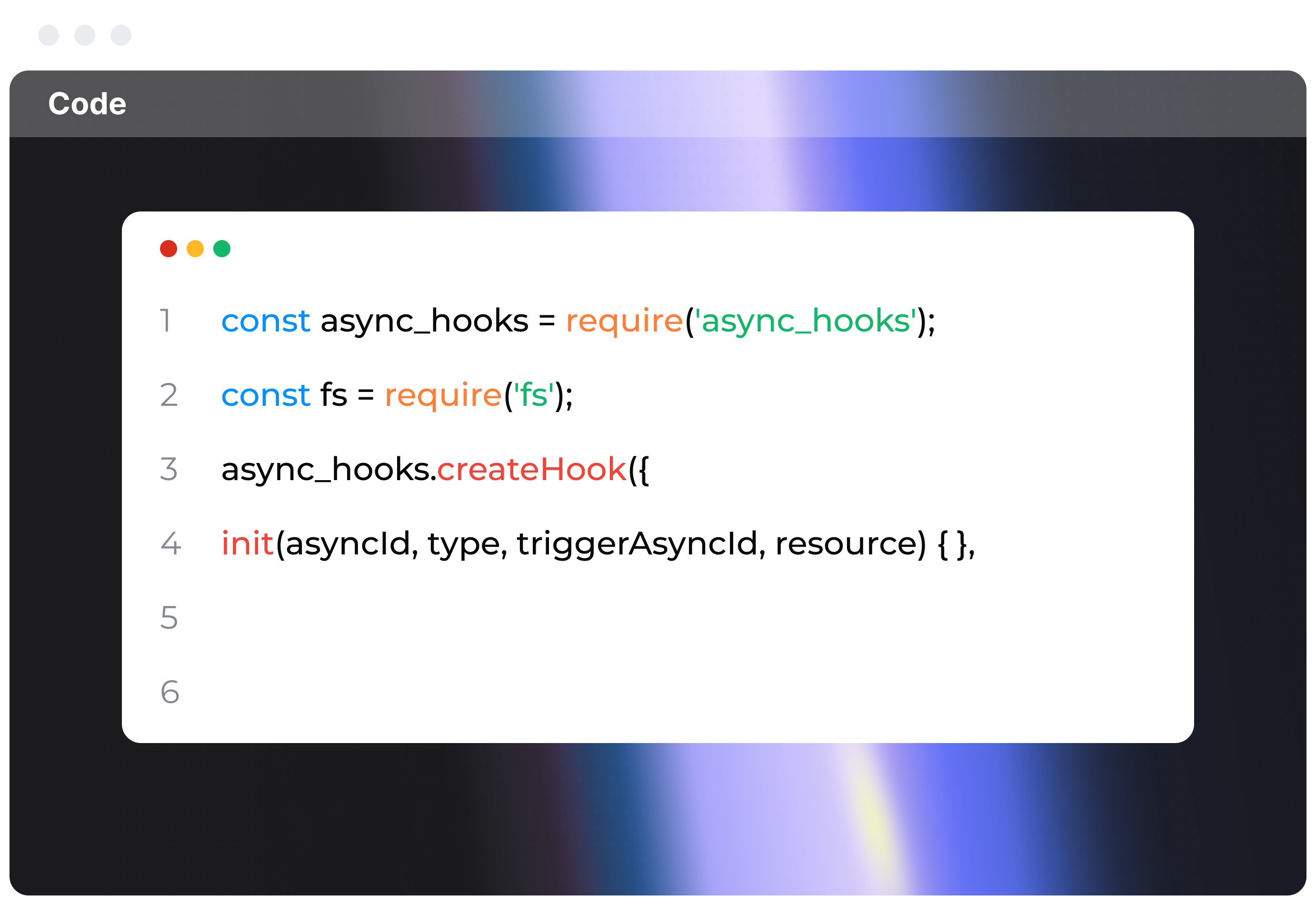How to handle large JSON data in JavaScript efficiently?

Handling big JSON data in JavaScript smartly is all about using various strategies to keep memory usage low, performance high, and your app super user-friendly. Let’s dive right into the techniques:
Lazy Loading (Pagination)
Instead of loading everything all at once, just grab what you need in chunks or pages.
const PAGE_SIZE = 100;
function getPaginatedData(data, page) {
return data.slice((page - 1) * PAGE_SIZE, page * PAGE_SIZE);
}
// Fetch large JSON data (e.g., from an API)
fetch('/large-data.json')
.then(response => response.json())
.then(data => {
let currentPage = 1;
let paginatedData = getPaginatedData(data, currentPage);
renderData(paginatedData);
});
function renderData(data) {
// Your rendering logic here, e.g., updating the DOM
console.log(data);
}
Streaming
For super huge JSON files, consider using streams so you can handle the data in small, bite-sized chunks.
const reader = new FileReader();
reader.onload = function(event) {
const chunk = event.target.result;
processChunk(chunk);
};
function processChunk(chunk) {
// Process chunk of data
console.log(JSON.parse(chunk));
}
const fileInput = document.querySelector('#fileInput');
fileInput.addEventListener('change', function(event) {
const file = event.target.files[0];
reader.readAsText(file);
});
Using Web Workers
Move those heavy JSON tasks to a Web Worker to keep your main thread snappy and responsive.
// main.js
if (window.Worker) {
const worker = new Worker('worker.js');
worker.postMessage('start'); // Send initial message
worker.onmessage = function(event) {
const data = event.data;
console.log('Data received from worker:', data);
};
}
// worker.js
self.onmessage = async function(event) {
if (event.data === 'start') {
const response = await fetch('/large-data.json');
const largeData = await response.json();
const processedData = processData(largeData);
self.postMessage(processedData);
}
};
function processData(data) {
// Your data processing logic here
return data.slice(0, 100); // For example, just take the first 100 records
}
Efficient Parsing with Streaming JSON Parser
Use a library like oboe.js to process JSON streams without loading the whole thing in memory.
<script src="https://cdnjs.cloudflare.com/ajax/libs/oboe/2.1.4/oboe-browser.min.js"></script>
<script>
oboe('/large-data.json')
.node('!.*', function(dataChunk) {
// Process each chunk of data
console.log(dataChunk);
return oboe.drop; // Drop the chunk to free memory
})
.done(function(finalData) {
console.log('Complete data processed:', finalData);
});
</script>
JSON Splitting
Break that massive JSON into smaller, more manageable pieces, and handle each one individually.
const largeData = {/* very large JSON object */}
const CHUNK_SIZE = 1000;
function splitJson(data, chunkSize) {
let chunks = [];
for (let i = 0; i < data.length; i += chunkSize) {
chunks.push(data.slice(i, i + chunkSize));
}
return chunks;
}
const jsonChunks = splitJson(largeData, CHUNK_SIZE);
jsonChunks.forEach(chunk => {
processChunk(chunk);
});
function processChunk(chunk) {
console.log(chunk); // or any other processing logic
}
Optimizing Browser Memory Usage
Make your app tidier and lighter by clearing unused objects and references.
function processData(largeData) {
// Process data
// ...
// Free up memory
largeData = null;
}
Using Alternative Data Formats
Depending on what you’re doing, think about using more compact data formats like BSON or compressed JSON. You get smaller files, which means faster downloads.
IndexedDB
Store your big data sets in IndexedDB to make querying and retrieving super-efficient.
if (!window.indexedDB) {
console.log("Your browser doesn't support IndexedDB.");
} else {
const request = indexedDB.open('myDatabase', 1);
request.onupgradeneeded = function(event) {
const db = event.target.result;
db.createObjectStore('largeDataStore', { keyPath: 'id', autoIncrement: true });
};
request.onsuccess = function(event) {
const db = event.target.result;
const transaction = db.transaction('largeDataStore', 'readwrite');
const store = transaction.objectStore('largeDataStore');
fetch('/large-data.json')
.then(response => response.json())
.then(data => {
data.forEach(item => {
store.add(item);
});
console.log('Data added to IndexedDB');
});
};
request.onerror = function(event) {
console.error('Error opening IndexedDB:', event.target.errorCode);
};
}
Mixing these methods up is your ticket to efficient JSON handling in JavaScript. Tailor your approach based on your specific needs, and keep tweaking until everything works just right. Happy coding!









